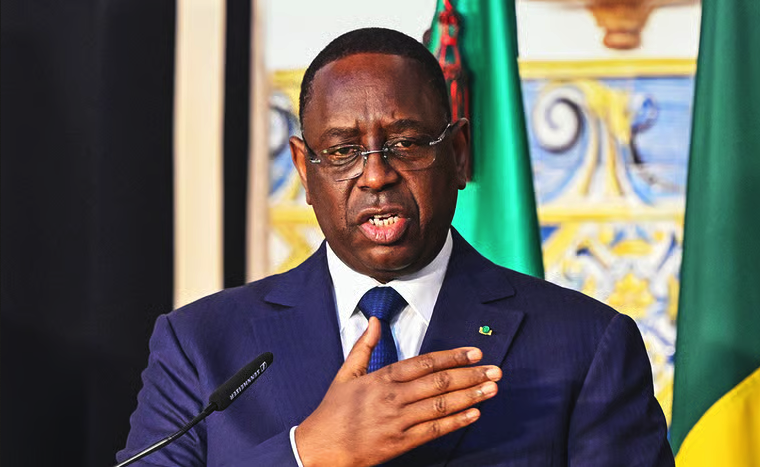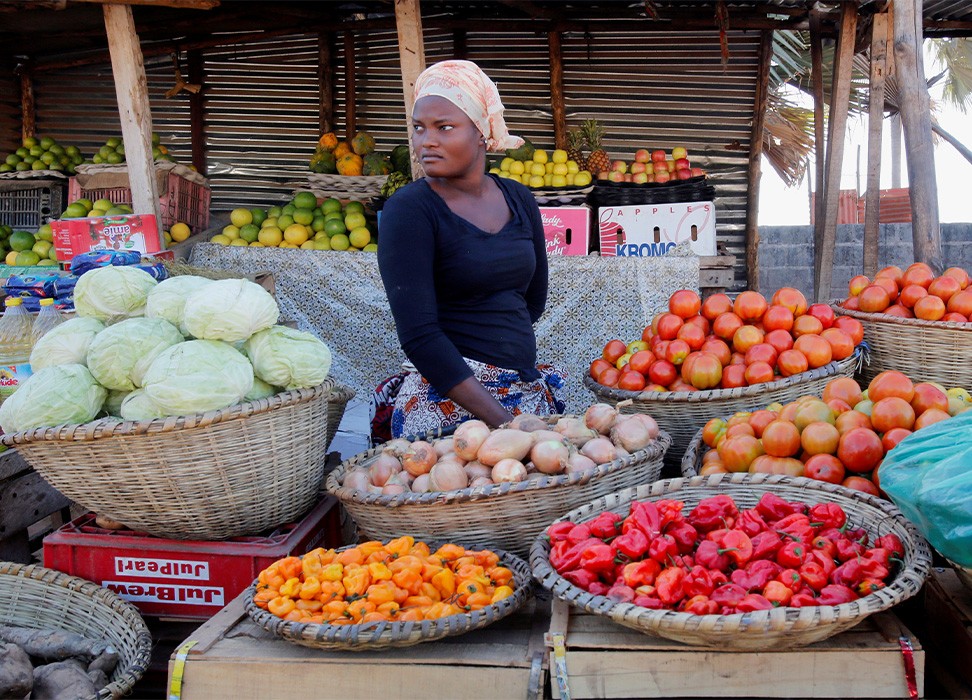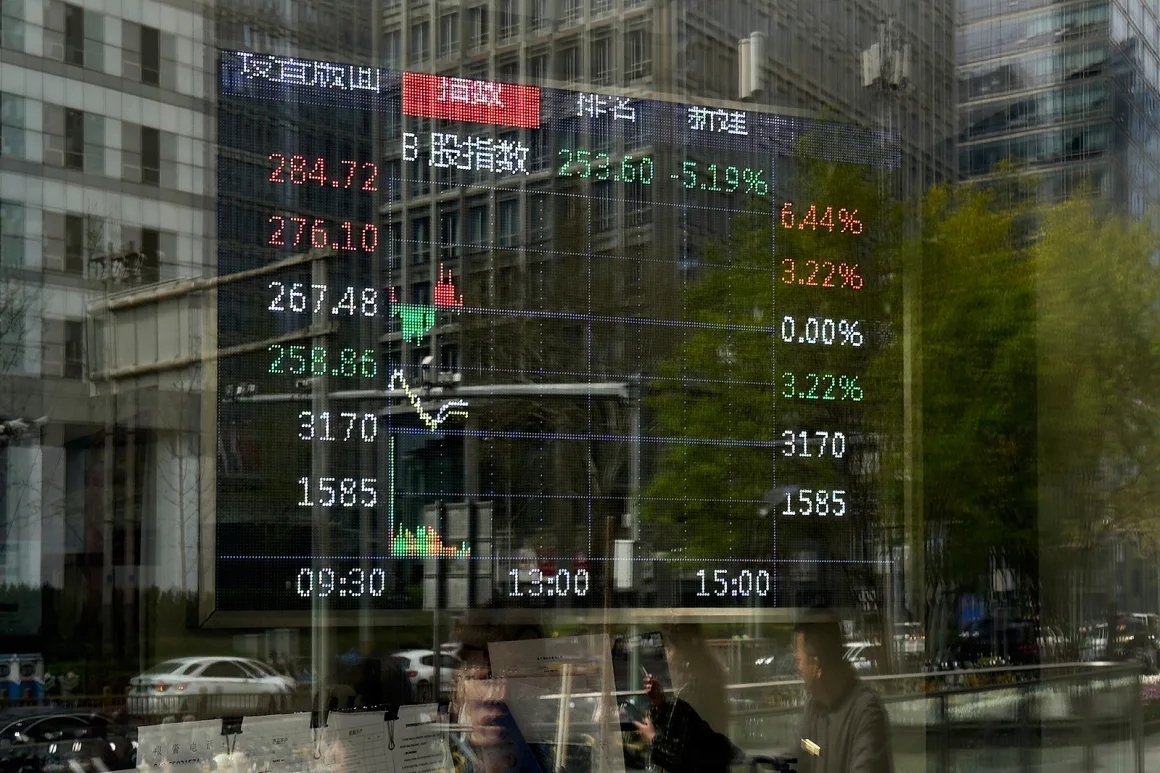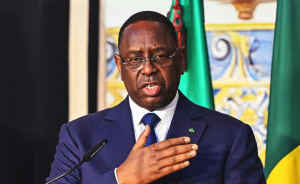Gambiaj.com – (GENEVA, Switzeland) – The United States and China have agreed to a significant, temporary rollback of tariffs on each other’s goods for an initial 90-day period, according to a joint statement released Monday by both governments.
The breakthrough comes after marathon trade negotiations over the weekend in Geneva, Switzerland, between officials representing the world’s two largest economies.
Under the agreement, both countries will reduce reciprocal tariffs by 115 percentage points starting May 14. This means the U.S. will temporarily cut its overall tariffs on Chinese imports from 145% to 30%, while China will lower its levies on U.S. goods from 125% to 10%. However, the U.S. will maintain its 20% fentanyl-related tariffs imposed earlier this year in February and March.
In addition to the tariff cuts, both sides agreed to establish a mechanism for ongoing dialogue on trade and economic issues. The discussions will be co-led by Chinese Vice Premier He Lifeng, U.S. Treasury Secretary Scott Bessent, and U.S.
Trade Representative Jamieson Greer. Talks may take place in either country or a mutually agreed upon third location, with working-level consultations held as needed.
The agreement marks an unexpected de-escalation in a standoff that had appeared to be at a stalemate in recent months. Just last week, Bessent had cautioned against expecting a breakthrough, stating that his objective was merely to reduce tensions.
“It’s important to understand how quickly we were able to come to an agreement, which reflects that perhaps the differences were not so large as maybe thought,” Greer said on Sunday, expressing surprise at the rapid progress.
Chinese officials echoed the optimistic tone. Trade Representative Li Chenggang hinted at the impending announcement during a press briefing when asked about the timing: “As we say back in China, if the dishes are delicious, then timing is not a matter. So I think no matter when this statement is released, it’s going to be big news—good news for the world,” he said.
The shift in Beijing’s tone is notable, as Chinese leaders had until recently taken a hard line stance, insisting that the U.S. remove all tariffs before negotiations could resume.
The agreement comes after a months-long tit-for-tat escalation that began in April, when President Donald Trump imposed 34% tariffs on Chinese goods and later increased them to 145%.
China retaliated by imposing tariffs of up to 125% on U.S. imports. Economists have suggested that 50% is the threshold for restoring a semblance of normal trade activity between the two countries.
Meanwhile, White House officials have indicated that the China talks are being handled separately from broader trade negotiations involving other nations. Last week, Trump announced a new deal with the United Kingdom that maintains a 10% tariff rate, with exemptions for key sectors including automobiles, steel, aluminum, aviation, and beef.










